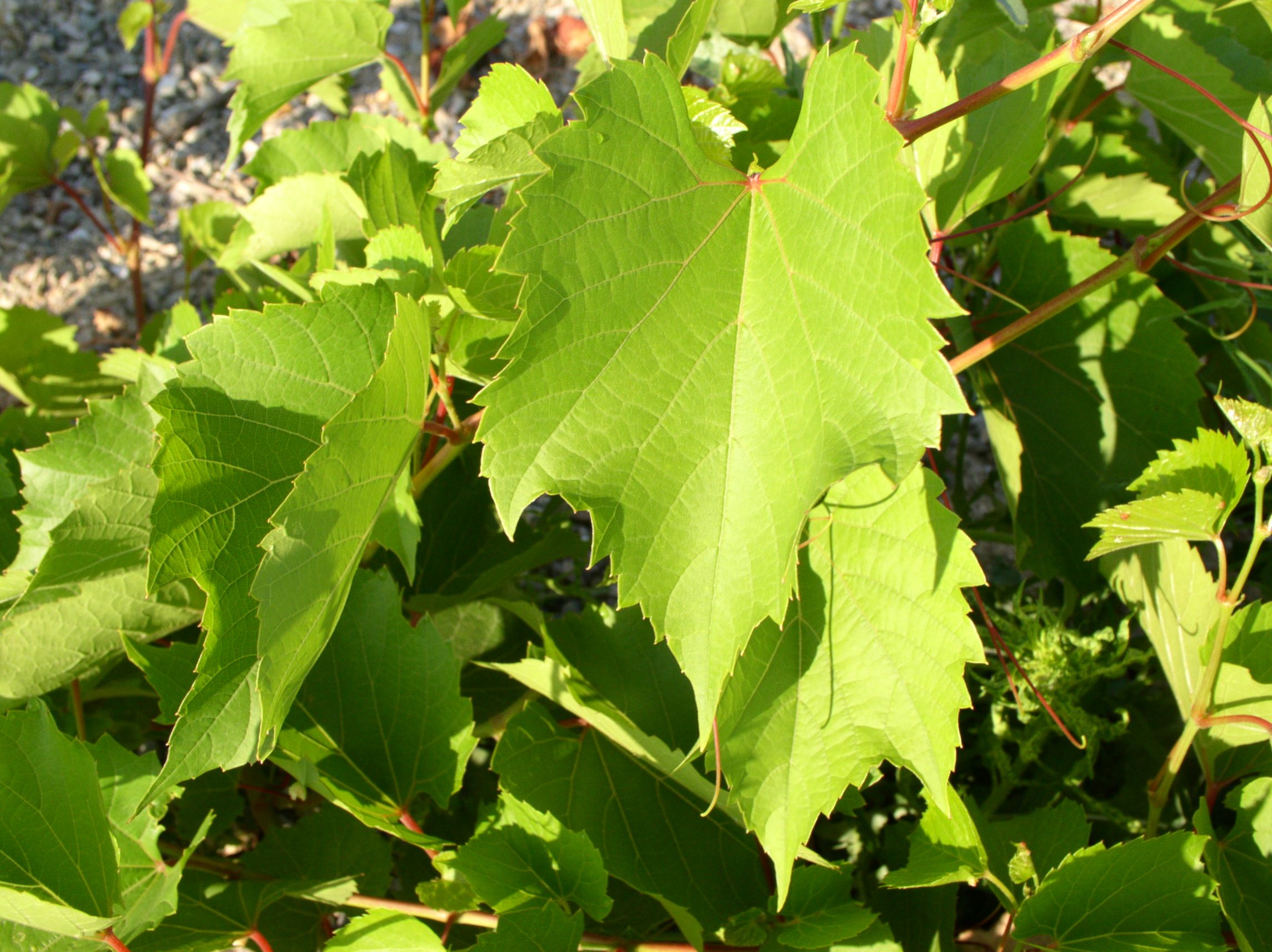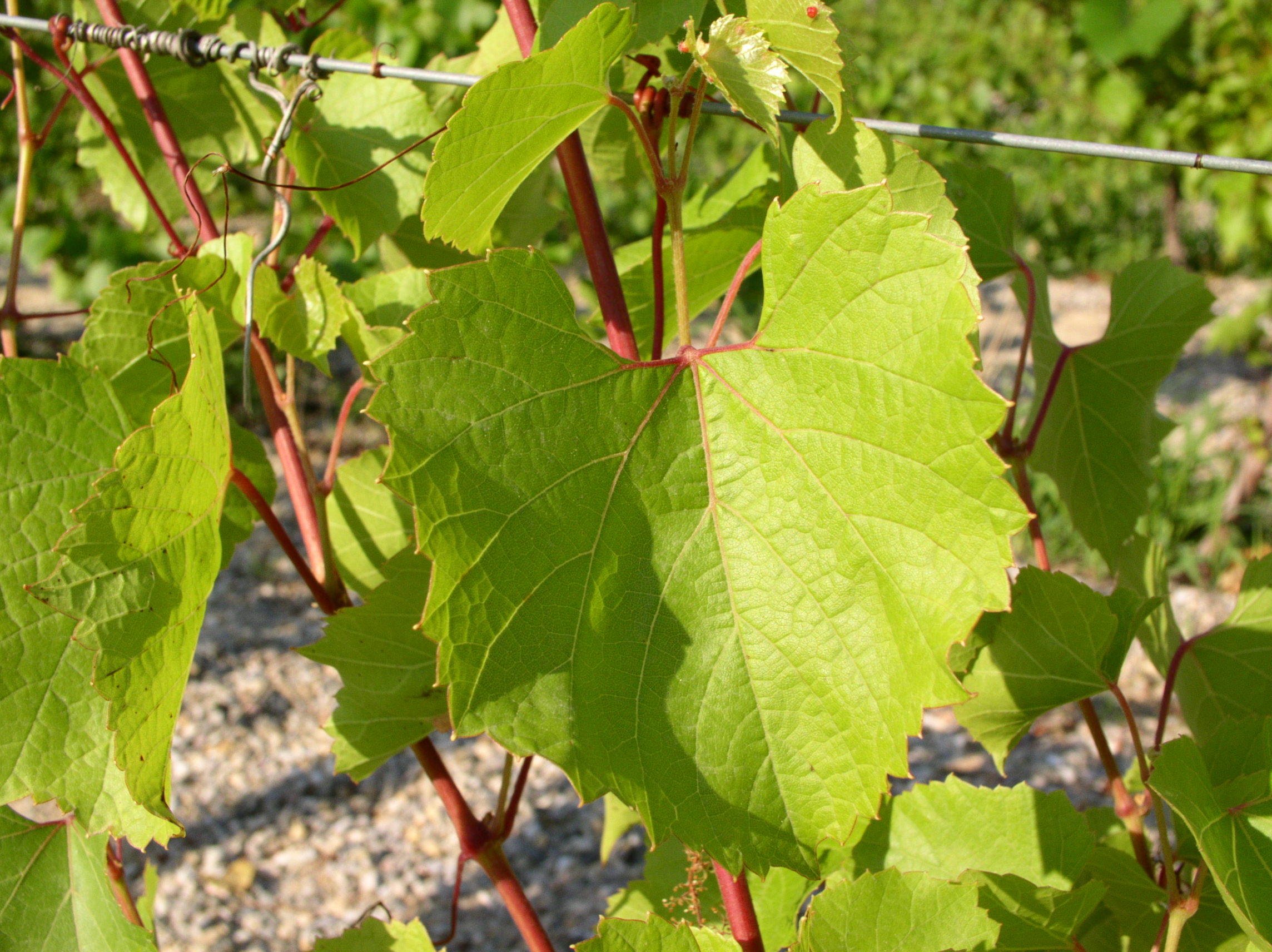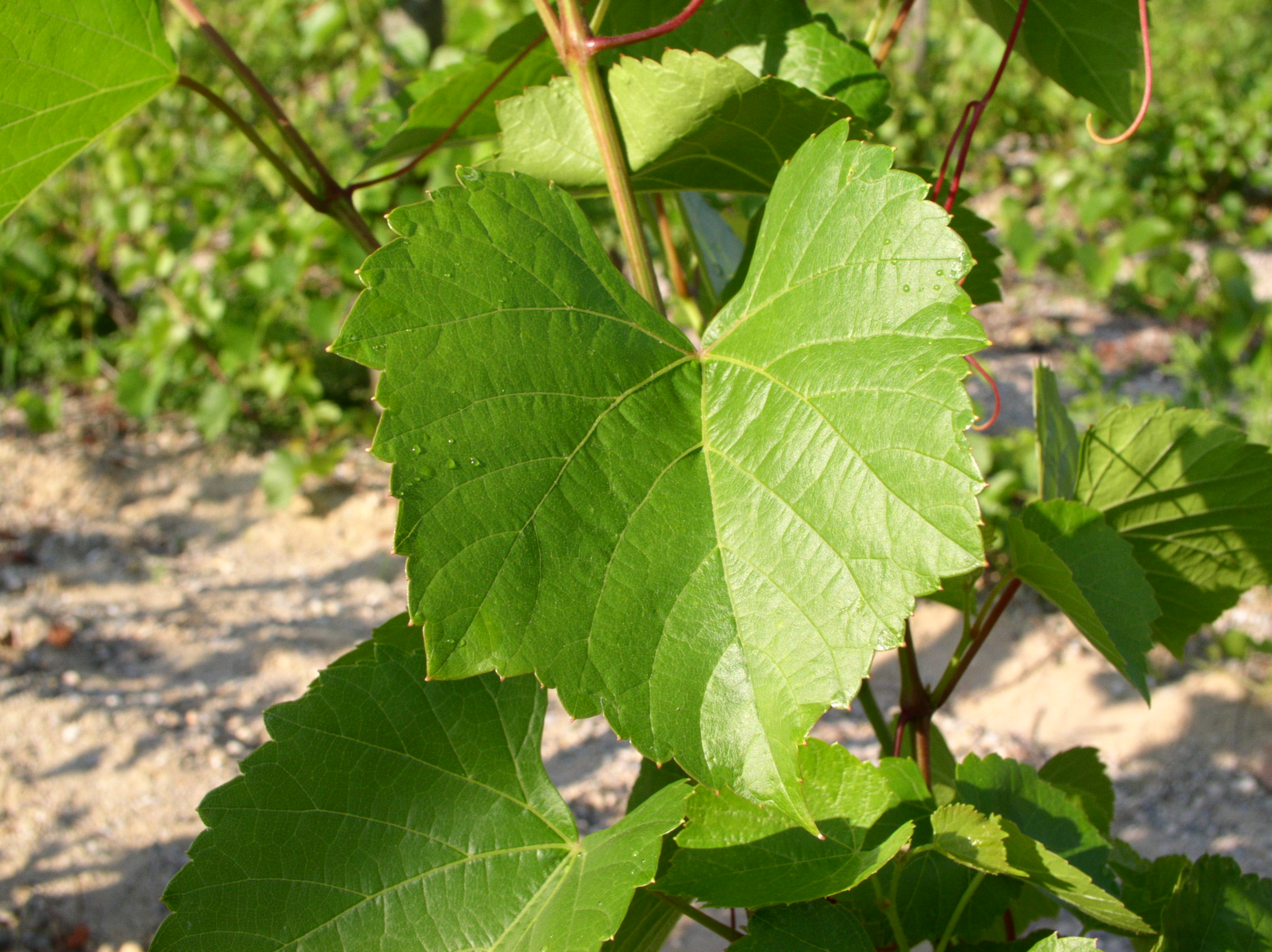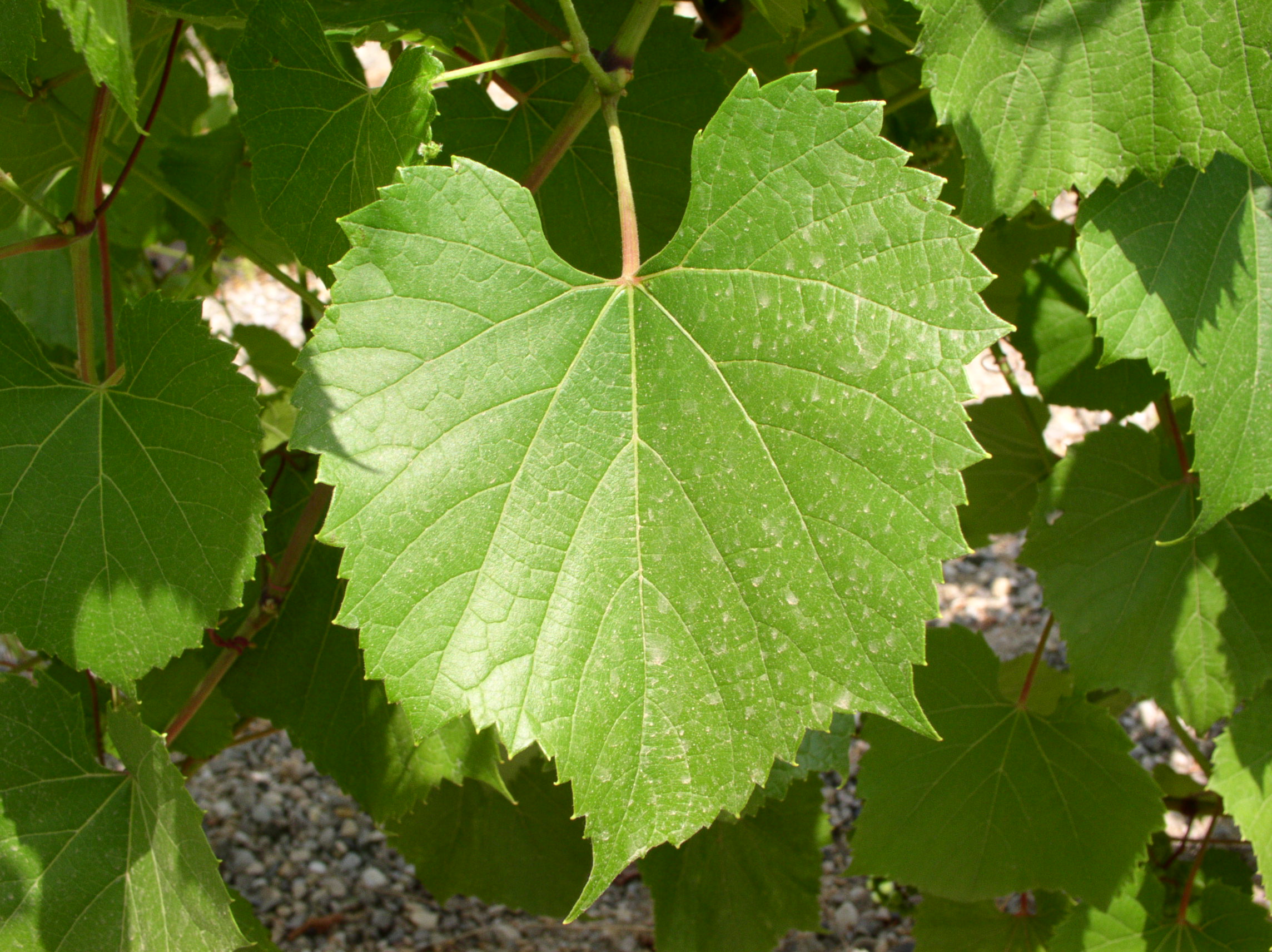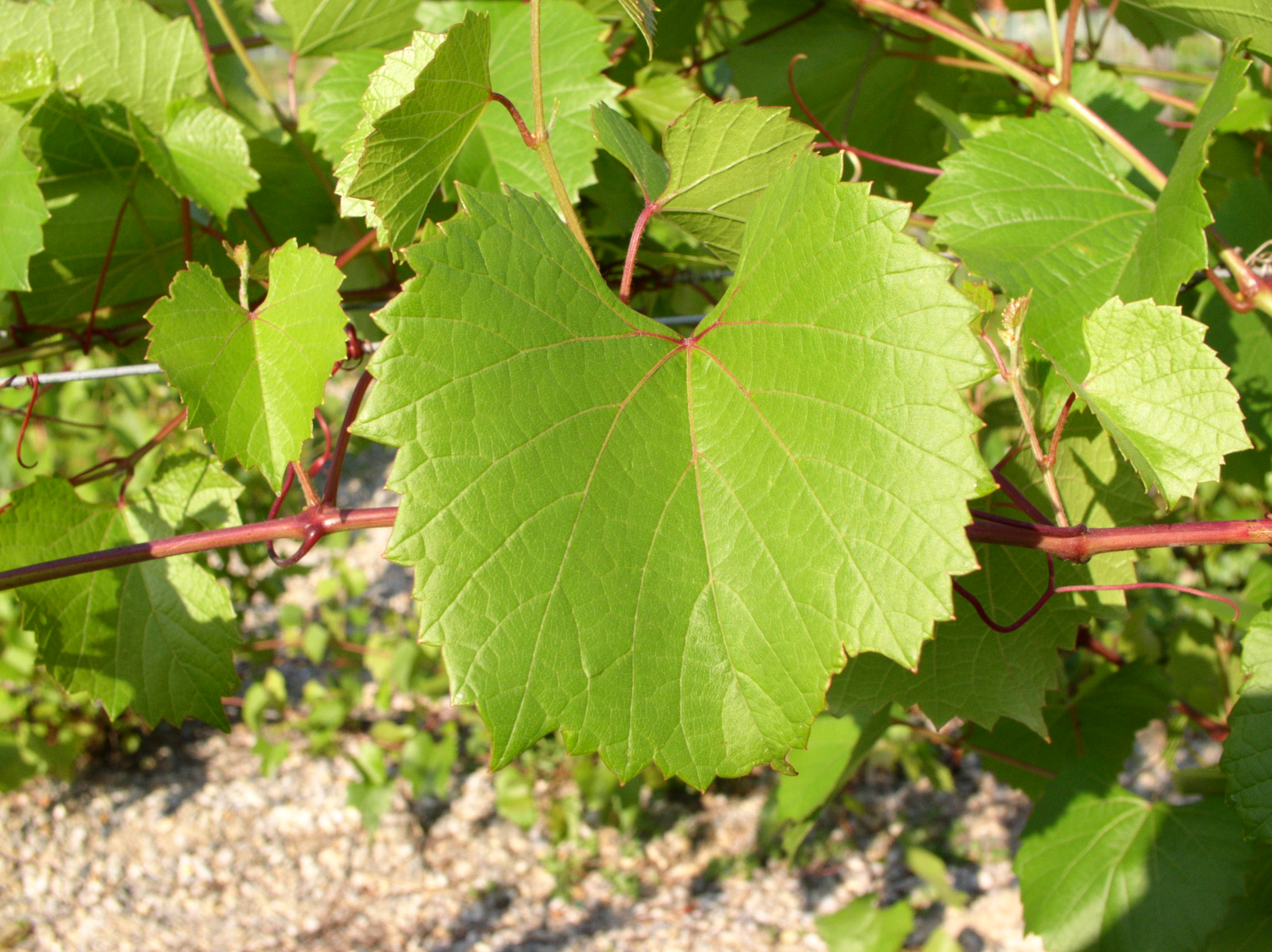
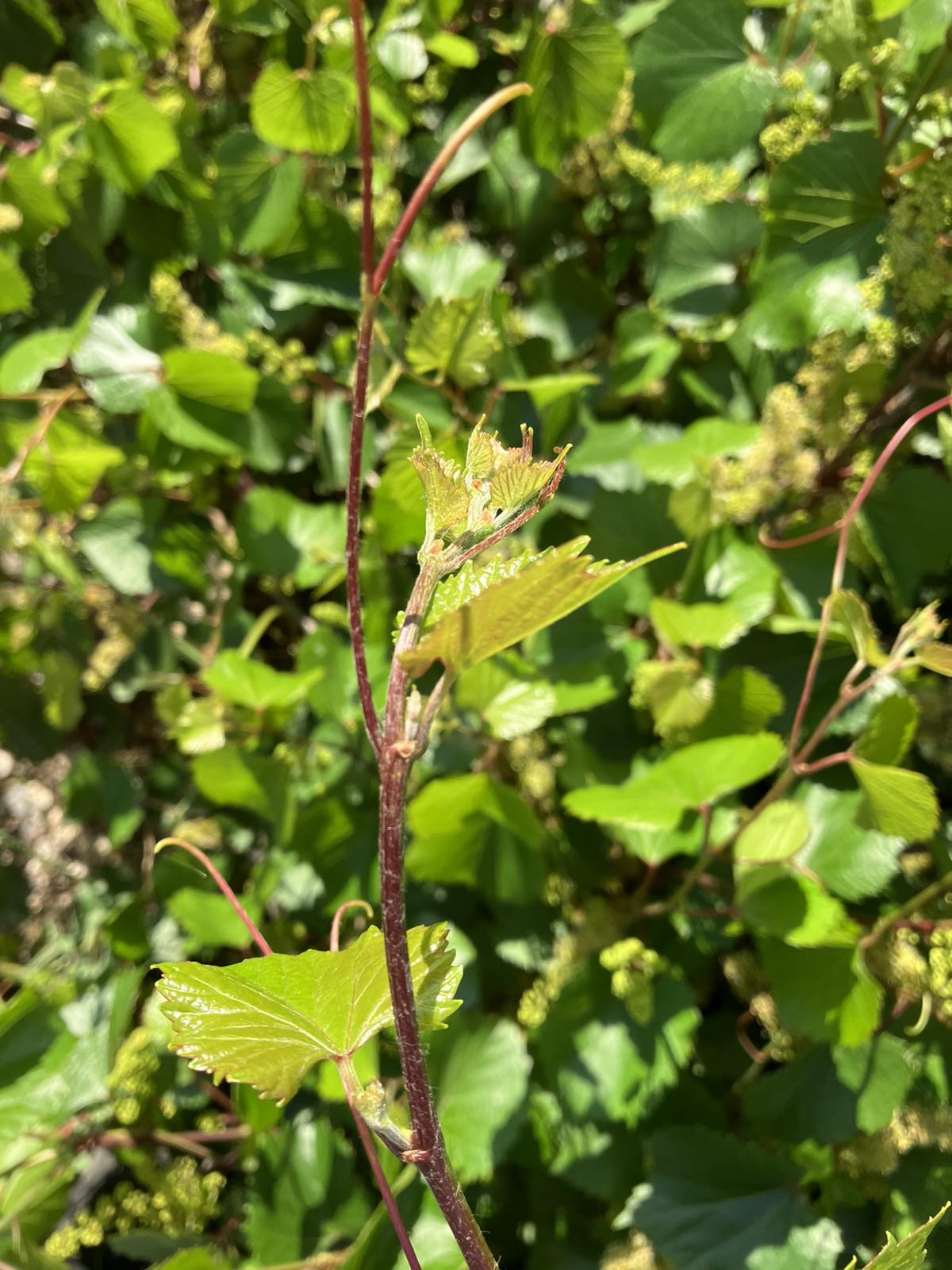
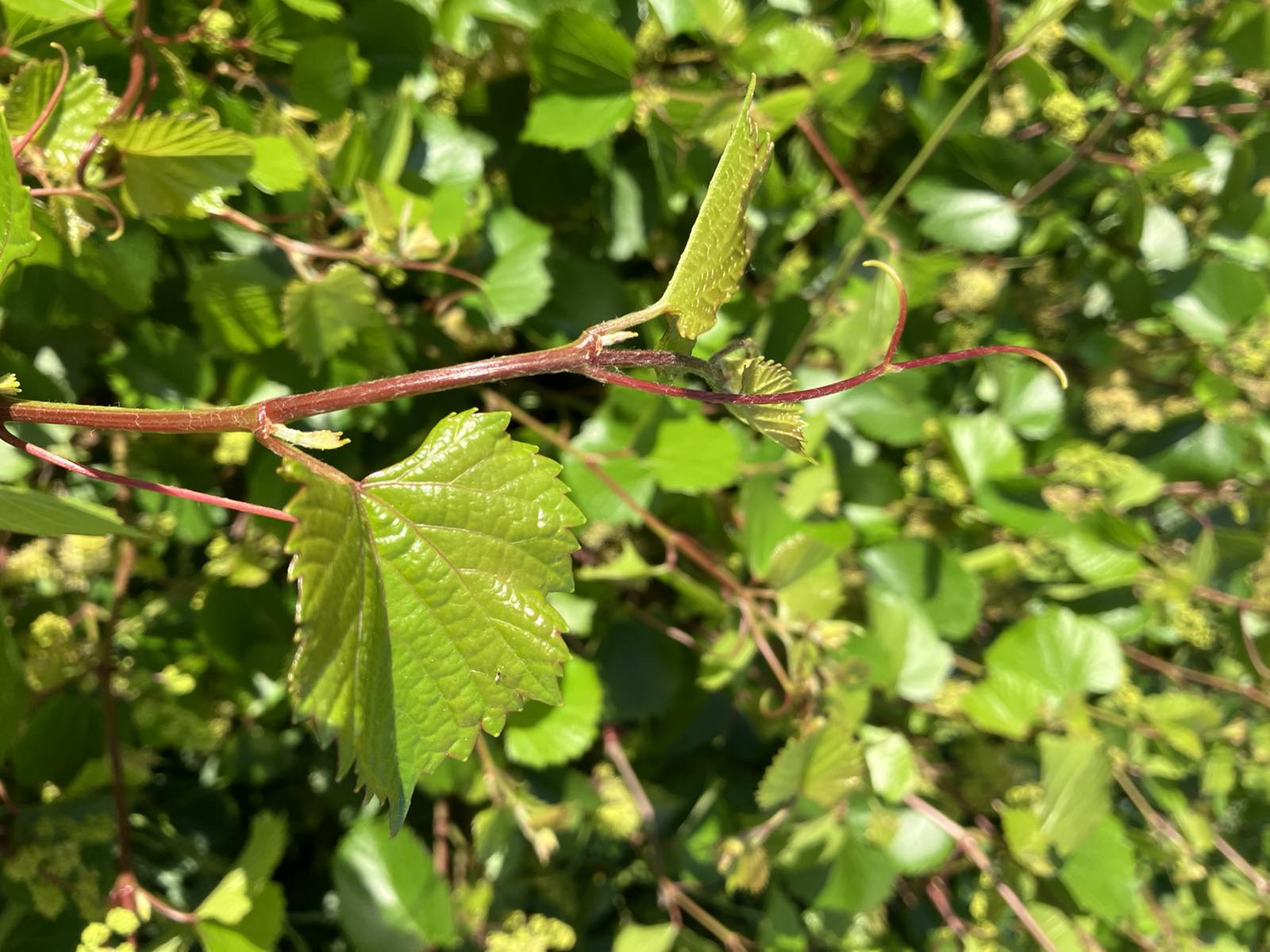
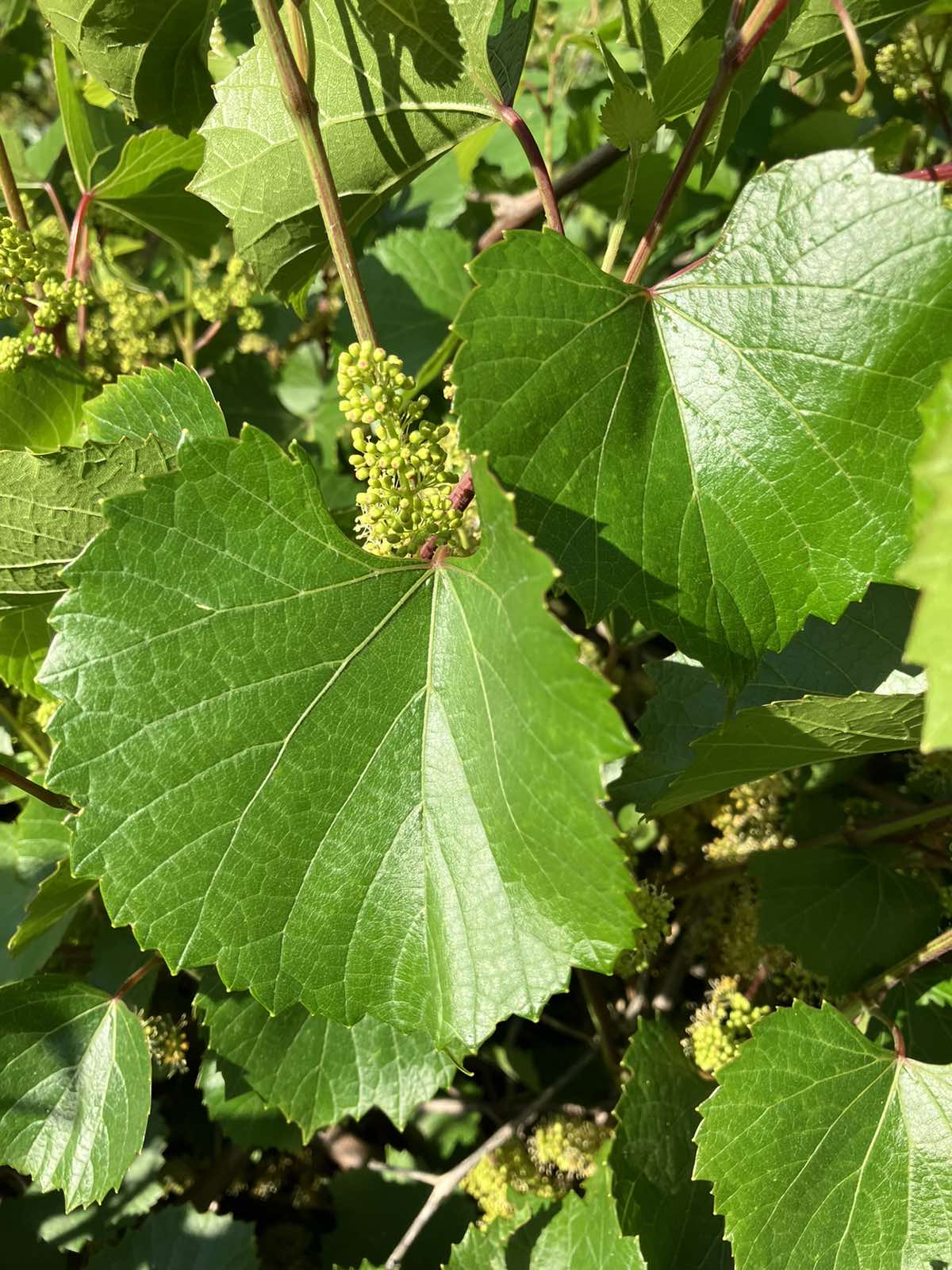
110 Richter
Description
Rootstock deriving from the cross of Vitis vinifera cv, Rességuier n°2 and Vitis rupestris cv.Martin. Today there are 15 different clones of this rootstock: 6, 7, 100, 118, 119, 139, 140, 151, 152, 163, 164, 180, 206, 237 and 756.
Resistance to Soil Pests
110 R is extremely tolerant to the root form of phylloxera, but tolerance to the nematodes Meloidogyne incognita and Meloidogyne arenaria is moderate. It also manifests a degree of tolerance to Phytophthora cinnamomi.
Adaptation
R 110 has moderate adaptability to calcium and its tolerance to iron chlorosis varies depending on the graft used. We believe that it can withstand up to 17 % active calcium and in the CCI * up to 30. However, this limit is actually only 5 to 7 % when it comes to the Syrah variety (and to a lesser extent, to Viognier). R 110 adapts quite well to drought, but is very extremely susceptible to excess moisture. It is particularly suitable for soils characterized as dry, light, rocky, with little or no limestone, such as slates.
Interaction with the implant and production targets
The robustness transmitted by R 110 is high. This rootstock tends to induce good fertility in grafts and delay the germination and ripening cycle of grapes. It can sometimes enhance millerandage, for example with Ugni Blanc. Grafts with Cabernet Sauvignon, Carignan, Grenache, Marselan, Mourvèdre, Muscat Aspro, Muscat of Alexandria, Tempranillo, Vermentino, Agiorgitiko, Roditis and Savatiano varieties are highly recommended where the results are very good. However, due to the risk of chlorosis, R 110 should definitely be avoided with Syrah, especially when the active calcium content exceeds 5%, the risk of gradual apoplexy and plant death is very high. Incompatibility with Pinot Noir has occasionally been reported.
Specific multiplication properties
110 R has medium-length internodes and a fairly large diameter. The growth of node buds is very important and wood production is low to moderate (30,000 to 60,000 meters / ha ), sometimes with a certain percentage of the wood dried. You must ensure the good formation of the rootstock wood parts and then this wood should be kept in good storing conditions. 110 R graft plants are susceptible to excessive moisture in the soil. The rooting capacity of the 110 R grafts is low to moderate and its grafting capacity is moderate.
Parasite Resiliance
R 110 is highly susceptible to the foliar form of phylloxera, but manifests a high degree of mildew tolerance.
* Chlorosis Capacity Indicator (CCI): Chlorosis Capacity Indicator This is the fraction (active calcium in g/Kg per available Fe or easily assimilable in mg/Kg) x 1000




